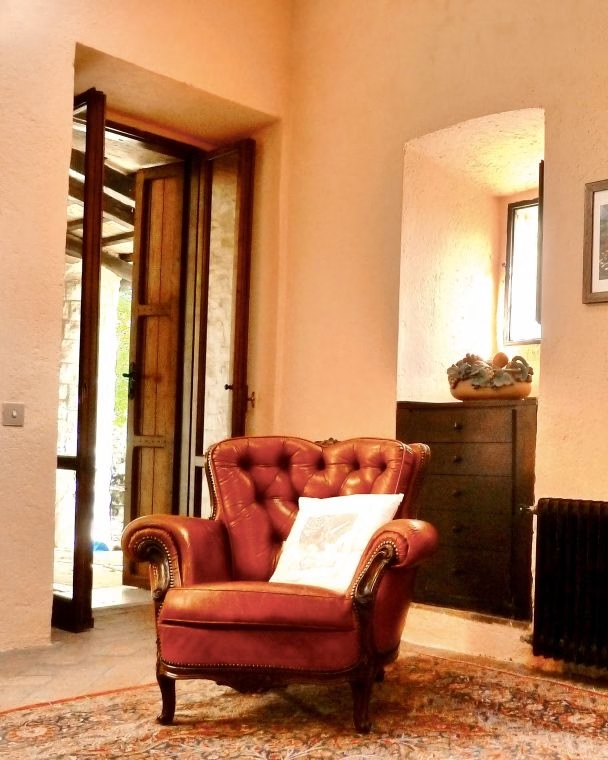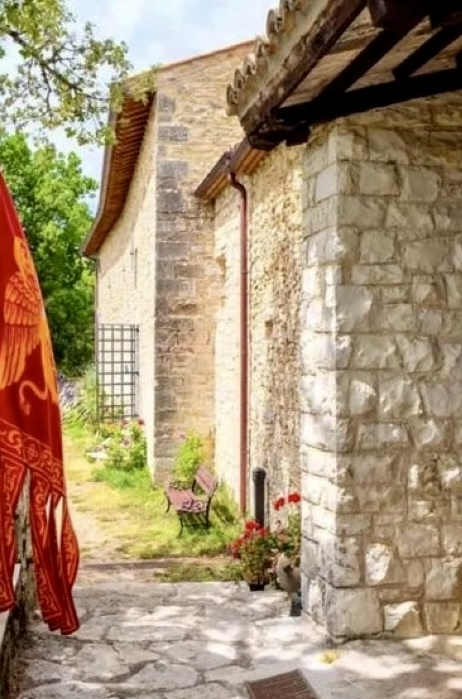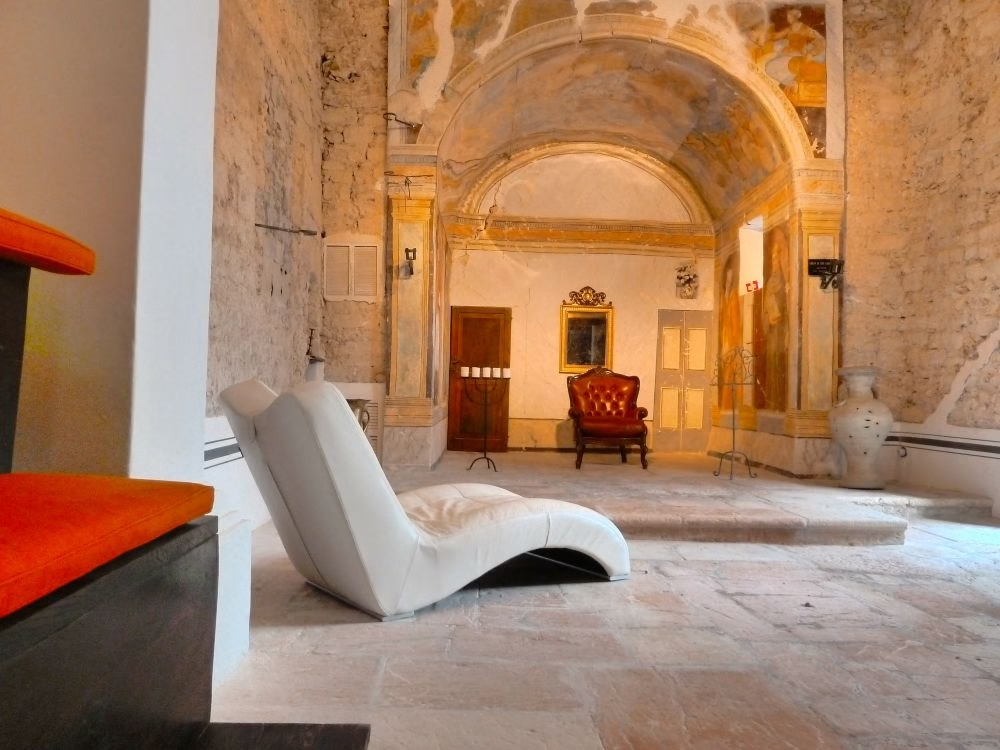
Understanding PTSD and Trauma
PTSD (Post-Traumatic Stress Disorder) and C-PTSD (Complex Post-Traumatic Stress Disorder) are not signs that something is wrong with you. They are signs that your body has been asked to hold more than it could safely process at the time.
Trauma — and the post-traumatic stress responses that can follow — arise when the nervous system becomes overwhelmed. This may be through something happening now, something anticipated, or through memories, discoveries, or realisations that bring the past into the present. In these moments, the body does exactly what it is designed to do: it moves into protection.
Fight, flight, freeze, fawn, faint, collapse — these are not conscious choices or personal failures. They are instinctive survival responses shaped by lived experience and the deep intelligence of the nervous system. In PTSD and C-PTSD, these protective patterns can remain active long after the original threat has passed.
It is normal to be impacted by overwhelming or prolonged events.
And it is also possible, with enough safety and support, for the body to begin to release trauma — gently, gradually, and at a pace the nervous system can tolerate.

Why Trauma Can Stay
Sometimes an event ends, but the body does not yet know that it is over.
A part of the system may still believe the danger is real, here and now — and that it must survive.
Understanding PTSD in the Body
PTSD (Post-Traumatic Stress Disorder) and C-PTSD (Complex Post-Traumatic Stress Disorder) are not signs that something is wrong with you. They are signs that your body has been asked to hold more than it could safely process at the time.
Trauma — and the post-traumatic stress responses that can follow — arise when the nervous system becomes overwhelmed. This may be through something happening now, something anticipated, or through memories, discoveries, or realisations that bring the past into the present. In these moments, the body does exactly what it is designed to do: it moves into protection.
Fight, flight, freeze, fawn, faint, collapse — these are not conscious choices or personal failures. They are instinctive survival responses shaped by lived experience and the deep intelligence of the nervous system. In PTSD and C-PTSD, these protective patterns can remain active long after the original threat has passed.
It is normal to be impacted by overwhelming or prolonged events.
And it is also possible, with enough safety and support, for the body to begin to release trauma — gently, gradually, and at a pace the nervous system can tolerate.
Why Trauma Can Stay
Sometimes an event ends, but the body does not yet know that it is over.
A part of the system may still experience the danger as real — here and now — and continue to organise around survival.
When the Body Still Responds
This is the essence of post-traumatic stress: the mind may know time has moved on, but the body continues to respond as if the threat were still present.
This ongoing activation is often described as PTSD, and when it develops through prolonged or repeated threat — especially in early or relational trauma — as C-PTSD.
For some people, this is experienced as waves of intense emotion that arise without a clear immediate cause. The body reacts before the mind has time to make sense of what is happening.
This can be felt as anxiety, emotional overwhelm, numbness, shutdown, tension in the body, or difficulty settling and sleeping.
These responses are not flaws.
They are nervous-system states shaped by survival.
When Overwhelm Becomes Meaning
When overwhelm happens — especially in childhood or over long periods of relational threat — it is not only the body that responds.
The mind often tries to make sense of what happened by forming early impressions about the self and the world.
A child may come to believe:
this happened because nobody cares
I am unworthy or unlovable
I am invisible
I don’t belong
it’s my fault
These beliefs are not chosen.
They form in moments where care, protection, or understanding were missing.
Over time, these early impressions can shape how we relate to ourselves, how we relate to others, how we experience intimacy and safety, and how we imagine the world sees us.
In truth, most of the time we were not at fault at all.
We were the ones who needed care.
We were the ones who needed protection.
What Actually Works in Trauma Healing
Trauma healing is not about forcing memories or reliving the past.
It works when the body is supported to recognise three fundamental truths:
the event is over
you survived
you are here, now, in the present
When the nervous system truly registers this, survival responses no longer need to remain switched on. The system can begin to soften.
It becomes safe to feel safe.
This is why working with the body matters. When the nervous system is in protection, it communicates through sensation, impulse, breath, tension, and movement — not through logic or story. Healing happens when we meet the body at the level it learned to survive.
A Gentle, Layered Process
Post-traumatic stress can be released.
For many people, this work unfolds in layers — gradually and over time.
Beneath survival responses are early impressions about who we are and where we belong. Those impressions formed in moments when care or protection was missing.
With steadiness, attuned presence, and guided attention, these layers can begin to shift. This often feels like a slow and tender unfolding rather than a dramatic change.
Coming Home to the Body
This work supports a return to safety that does not depend on external conditions.
It is about learning, slowly and gently, that your safe place exists inside your own body.
As the nervous system updates, protection becomes softer. Trust becomes possible. The body no longer has to brace against life in the same way.
Your survival system is not removed.
It is honoured — and allowed to evolve.
Healing is experienced when the body and mind come to know — slowly and together — that it is safe to feel safe, when I am safe.
This understanding of PTSD and C-PTSD as nervous-system adaptations is at the heart of the experience described here.
An Invitation
If parts of this resonate, you are warmly invited to explore how this work is held in person.
The conditions required for this process include time, pacing, individual attention, and a setting that supports the nervous system to settle and reorganise.
This is careful, respectful work.
When the body and mind are met in this way, change becomes possible — not by force, but by recognition.
Emotional Flashbacks & Triggers
Sometimes strong emotional states arise suddenly, without a clear cause in the present moment.
A person may feel flooded with fear, shame, grief, anger, or despair, even though nothing obvious has happened. These experiences are often referred to as emotional flashbacks — moments when the nervous system responds as if an earlier overwhelming experience is happening again.
Unlike visual flashbacks, emotional flashbacks are usually felt in the body rather than remembered as images. The body reacts first, before the mind has time to understand what is happening.
This pattern is common in PTSD and C-PTSD, particularly when threat or overwhelm was prolonged, relational, or occurred early in life.
What Is an Emotional Flashback?
An emotional flashback occurs when a part of the nervous system still believes danger is present.
Even when life is now safer, the body may respond as if it must survive in the present moment. This can show up as sudden shifts in emotion, a sense of urgency or collapse, harsh self-criticism, or an impulse to withdraw, appease, or react.
This is not a failure of strength, insight, or resilience.
It is a survival response that has not yet been updated.
How Triggers Work
A trigger is any internal or external cue that activates the body’s protective responses.
Triggers are often subtle and highly individual. They may involve:
a tone of voice or facial expression
feeling dismissed, unseen, or misunderstood
loss, separation, or sudden change
sensory cues such as sounds, smells, or physical sensations
relational dynamics that echo earlier experiences
When a trigger is present, the nervous system may respond before the conscious mind understands why. The body reacts to familiar patterns, not to present-day logic.
Why the Body Responds This Way
From a trauma-informed perspective, emotional flashbacks and triggers are not symptoms to eliminate. They are protective messages from the nervous system.
They point to places where something once felt overwhelming and unresolved — moments when the system learned to stay alert in order to survive. That protective response continues until the body recognises that the danger has passed.
This is why reassurance alone often does not help.
The body needs lived experience, not explanation.
How This Can Change
Healing happens when the nervous system is gently supported to recognise:
the event is over
survival has already occurred
the present moment is different from the past
As this recognition settles — slowly and safely — emotional flashbacks and triggers often begin to soften. The body no longer needs to respond with the same intensity or urgency.
This is not about suppressing reactions.
It is about allowing the system to reorganise.
A Gentle Note
If you recognise yourself here, you are not alone.
Many people live with these experiences quietly, without language for them. With the right conditions — time, pacing, and attuned support — the nervous system can learn that it no longer has to protect you in the same way.
This work is careful.
And it is possible.

What Actually Works in Trauma Healing
Trauma healing does not require forcing memories or reliving the past.
Current understanding from neuroscience and human behaviour shows that lasting change happens when the nervous system is supported to feel safe enough to update — not when it is pushed back into overwhelming experience. Healing occurs through mind- and body-based approaches, working together, within conditions that allow the system to settle rather than brace.
This understanding may be newly articulated through modern science, but the work itself is ancient. Across cultures and generations, healing has always involved rhythm, relationship, movement, rest, meaning, and the steady presence of others. What is new is our ability to understand why these conditions matter, and how the nervous system responds when safety is consistently present.
A central part of this work is Tess’s one-to-one therapeutic sessions, where mind and body are gently guided into the present.
Within these sessions, the nervous system is supported to recognise — not intellectually, but experientially — that the danger has passed. For many people, this is the first time the body is able to register a genuine sense of relief: it’s over, and I am safe now.
This is not a small moment. It is deep, reparative work that allows survival responses to soften from the inside out. When the body truly knows it is no longer under threat, protection no longer needs to remain permanently switched on.
These one-to-one sessions do not stand alone. They are held within the wider rhythm of the retreat — supported by rest, movement, nourishment, time in nature, and a carefully paced environment — so that what emerges in individual work can settle, integrate, and reorganise rather than overwhelm.
Trauma healing works when the body is supported to recognise three simple truths:
the event is over
you survived
you are here, now, in the present
As these truths are felt — not analysed or relived — survival responses no longer need to stay permanently activated. Protection can soften. Capacity can widen.
The work is not to remove the body’s defences, but to help them update — to allow the system to recognise that it is safe to feel safe, when it is safe.
From this place, reflection becomes possible. Meaning can be made. Beliefs and patterns shaped during overwhelming experiences can begin to loosen, and new experiences of trust, agency, and connection can take root.
This is careful, respectful work. And when the body, mind, and environment are aligned in this way, change becomes possible.
An Invitation
If parts of this resonate, you are warmly invited to explore how this work is held in person.
The conditions that support this kind of healing include time, pacing, individual attention, and an environment that allows the nervous system to settle rather than stay alert. This work is held carefully, with respect for each person’s history, capacity, and rhythm.
Nothing here asks you to push, perform, or revisit experiences before you are ready. The process unfolds at a pace the body can tolerate, within a setting designed to support regulation, rest, and integration.
If you would like to see how this work is held in person, you can read more about the Healing Trauma Retreat here.
